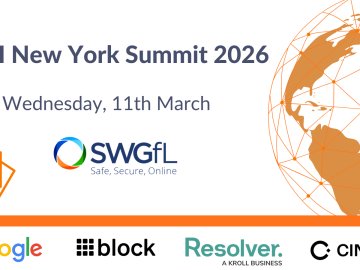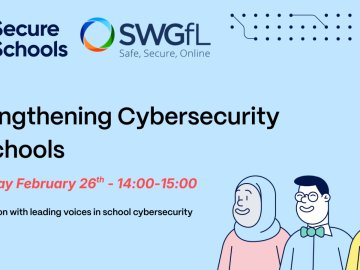Following the announcement of our collaboration with Safe Online to explore child-friendly reporting mechanisms, SWGfL is pleased to soon launch the next vital phase of the project: a youth-focused survey.
This initiative aims to place young people’s voices at the centre of online safety, ensuring their perspectives and experiences directly inform the development of safer, more accessible reporting tools.
Listening to Young People
Under the lead of Dr. Jolien Vos, a specialist in youth digital engagement and child-centred research, the project is now entering a data-gathering stage. The survey will gather crucial insights into how young people perceive, access, and use reporting features online and, importantly, how they believe these could be improved.
Dr. Jolien Vos said:
Too often, digital reporting tools are designed without meaningful input from the very people who need them most. This research aims to flip that model. We’re giving young people the space and agency to share what works, what doesn’t, and what reporting mechanisms should look like if we truly want to protect them online.
A Survey Built for Youth Voices
The survey will be built with accessibility and age-appropriate language in mind, ensuring it is suitable for a wide range of age groups. It covers topics such as:
- How safe children feel online
- What motivates (or prevents) them from reporting harmful content
- What kind of features make reporting feel trustworthy and effective
- How they would design a child-friendly reporting experience whether that be online or offline.
Shaping Real-World Solutions
The findings will directly influence the development of the Safe Online project, as well as help inform wider policy and practice.
Graham Lowe, POSH Helpline Manager, commented:
We’re not just gathering data, we’re building a bridge between children’s experiences and the systems meant to protect them. This survey is an essential step in ensuring future reporting tools are not only effective but designed with empathy, clarity and the realities of young people in mind.
We’ll be calling on educators, youth professionals, and digital safeguarding leads to share the survey within their communities. Your support in amplifying young voices can help shape a safer digital future.






